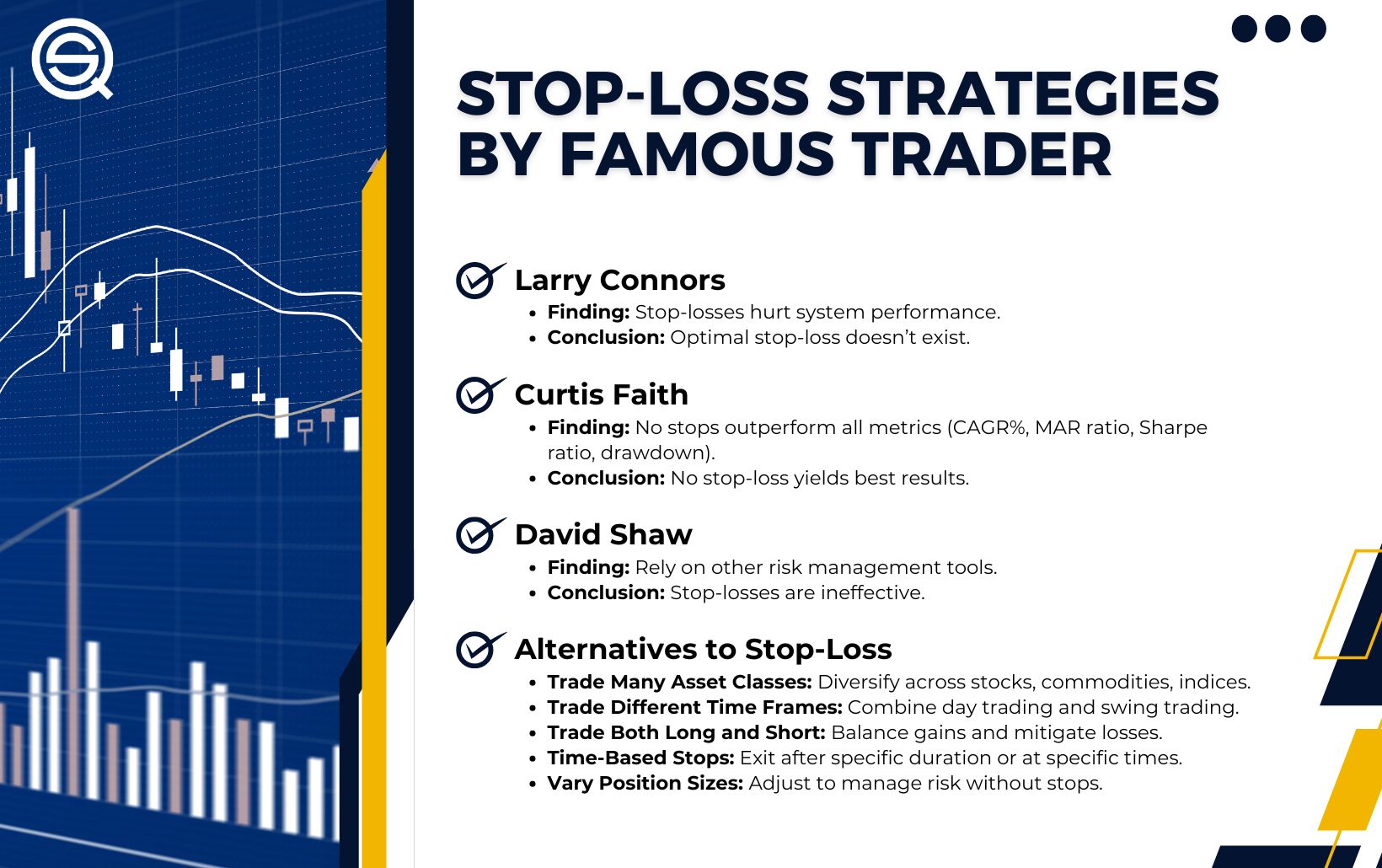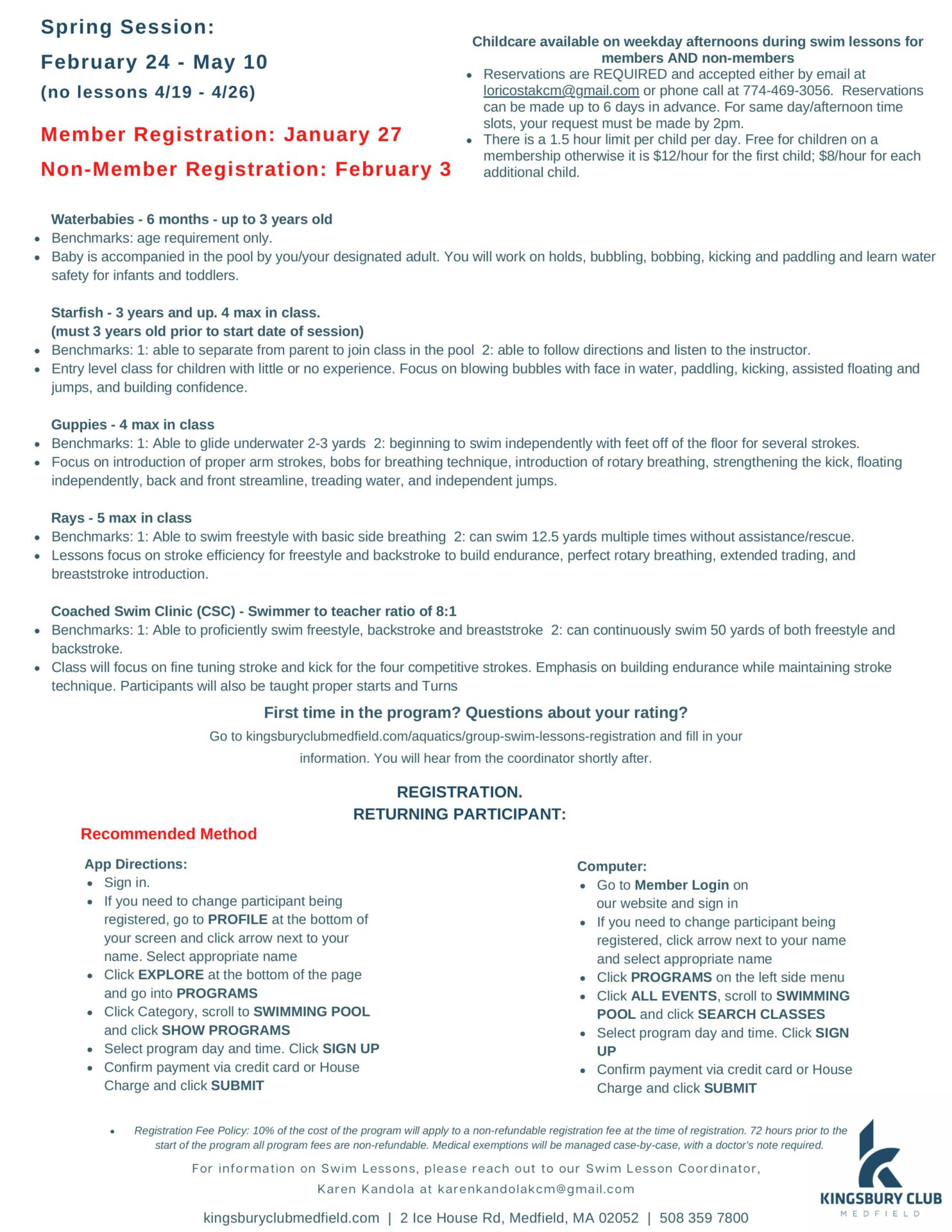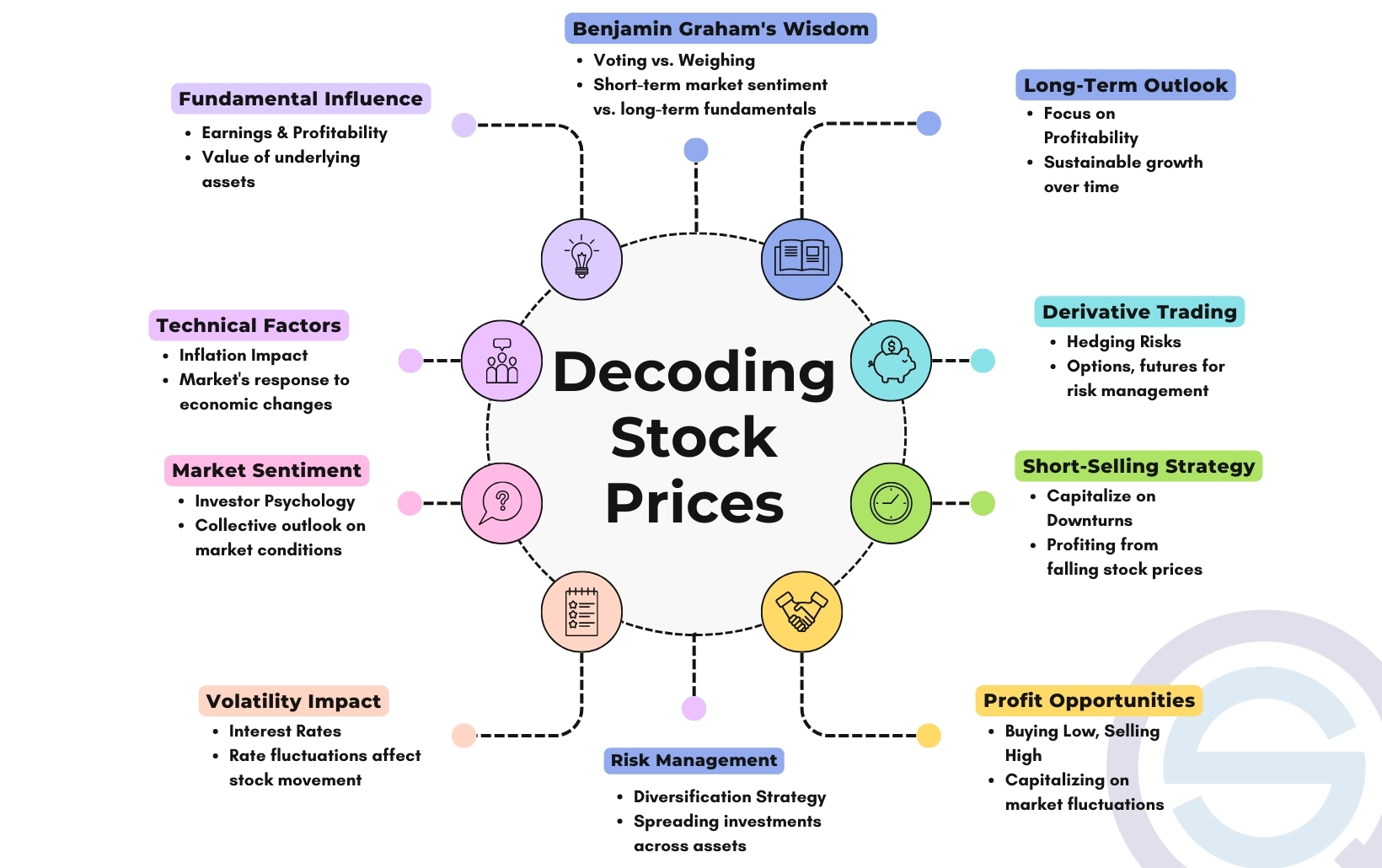Did you know that many traders experience a psychological rollercoaster that rivals the wildest amusement parks? Understanding the psychological aspects of day trading futures is crucial for success. This article delves into key factors that influence trading performance, including the impact of fear, the necessity of discipline, and effective stress management techniques during volatile markets. Additionally, we explore how overconfidence and FOMO can skew decision-making and outline strategies to cultivate a winning mindset. Learn how emotional control and mindfulness can fortify your trading approach, as well as the long-term psychological effects that come with the territory. With insights from DayTradingBusiness, you'll be better equipped to navigate the mental challenges of day trading and enhance your overall performance.
What psychological factors influence day trading success?
Psychological factors influencing day trading success include emotional discipline, risk tolerance, and decision-making under pressure. Traders must manage emotions like fear and greed to avoid impulsive decisions. A strong risk tolerance allows traders to withstand losses without panic, while effective decision-making involves analyzing market trends calmly. Additionally, maintaining a growth mindset helps traders learn from mistakes and adapt strategies. Lastly, focus and concentration are crucial for executing trades effectively in a fast-paced environment.
How does fear impact day trading decisions?
Fear can lead to hesitation in executing trades, causing missed opportunities. It often results in over-caution, making traders hold onto losing positions longer, hoping for a turnaround. Fear of loss may trigger impulsive decisions, like exiting a trade too early or overtrading to recover losses. Ultimately, it can distort risk assessment, making logical decision-making difficult. Managing fear is crucial for maintaining discipline and consistency in day trading futures.
What role does discipline play in day trading futures?
Discipline is crucial in day trading futures. It helps traders stick to their strategies, manage risk, and avoid emotional decisions. A disciplined approach ensures adherence to predetermined entry and exit points, preventing impulsive trades based on fear or greed. Consistency in following a trading plan leads to better decision-making and improved long-term performance. Ultimately, discipline minimizes losses and maximizes gains, making it a key psychological factor in successful futures trading.
How can traders manage stress during volatile markets?
Traders can manage stress during volatile markets by implementing several key strategies. First, establish a solid trading plan with clear entry and exit points to reduce uncertainty. Second, utilize risk management techniques, like setting stop-loss orders, to limit potential losses.
Third, practice mindfulness or deep-breathing exercises to stay calm and focused. Fourth, take regular breaks to clear your mind and avoid burnout. Additionally, maintaining a balanced lifestyle with exercise, proper nutrition, and social interactions can help manage stress levels effectively. Finally, consider journaling your trades to reflect on decisions and emotions, which can provide insight and reduce anxiety.
What mental strategies can improve day trading performance?

1. Set Clear Goals: Define specific, measurable trading objectives to stay focused.
2. Develop a Routine: Create a consistent daily routine to enhance discipline and reduce stress.
3. Practice Mindfulness: Use mindfulness techniques to stay present and manage emotions during trading.
4. Emotional Detachment: Avoid letting emotions drive decisions; stick to your trading plan.
5. Positive Visualization: Visualize successful trades to boost confidence and reinforce positive outcomes.
6. Review and Reflect: Analyze past trades regularly to learn from mistakes and successes.
7. Limit Information Overload: Filter news and data to avoid analysis paralysis and maintain clarity.
8. Manage Risk: Use stop-loss orders to protect capital and reduce anxiety.
9. Stay Flexible: Adapt your strategy based on market conditions without deviating from your core plan.
10. Engage in Self-Care: Prioritize mental and physical health to maintain peak performance.
How does overconfidence affect day trading outcomes?
Overconfidence can lead day traders to take excessive risks, often resulting in significant losses. When traders overestimate their abilities, they might ignore market signals and rely too heavily on intuition. This can cause impulsive decisions, like entering trades without proper analysis. Additionally, overconfidence may result in inadequate risk management, leading to larger losses than anticipated. Ultimately, it skews judgment and can turn a winning strategy into a losing one.
What are common psychological pitfalls for day traders?
Common psychological pitfalls for day traders include overconfidence, leading to excessive risk-taking; fear of missing out (FOMO), which prompts impulsive trades; and loss aversion, causing hesitation to cut losses. Emotional decision-making can result in revenge trading after losses, while lack of discipline often leads to deviating from trading plans. Additionally, traders may experience burnout from high-stress levels, impacting performance. Recognizing these pitfalls is crucial for maintaining a successful trading mindset.
How can traders develop a winning mindset?
Traders can develop a winning mindset by focusing on discipline, patience, and emotional control. Start by setting clear goals and sticking to a trading plan. Practice mindfulness techniques to manage stress and stay calm under pressure. Learn from losses rather than dwelling on them; analyze mistakes to improve future performance. Surround yourself with a supportive community of traders to share experiences and strategies. Finally, continuously educate yourself about the market to build confidence and adaptability.
What is the importance of emotional control in trading?
Emotional control in trading is crucial because it helps traders make rational decisions rather than impulsive ones. When emotions run high, such as fear or greed, it can lead to poor judgment and significant losses. Maintaining emotional control allows for consistent strategies, better risk management, and the ability to stick to a trading plan amidst market volatility. It fosters discipline, which is essential for long-term success in day trading futures. In essence, emotional control is the backbone of effective trading performance.
How does the fear of missing out (FOMO) affect traders?
FOMO drives traders to make impulsive decisions, often leading to overtrading and buying at high prices. This fear can result in chasing trends without proper analysis, increasing the risk of losses. Traders may also hold onto losing positions longer, hoping for a turnaround to avoid regret. Ultimately, FOMO undermines disciplined trading strategies and can lead to emotional trading, which negatively impacts overall performance.
What techniques help in maintaining focus while trading?

To maintain focus while trading futures, try these techniques:
1. Set Clear Goals: Define specific, measurable trading objectives for each session.
2. Develop a Routine: Establish and stick to a pre-trading routine to mentally prepare.
3. Limit Distractions: Create a dedicated trading environment free from interruptions.
4. Use Mindfulness: Practice mindfulness or meditation to enhance concentration.
5. Take Breaks: Schedule regular breaks to reset your focus and avoid burnout.
6. Stay Organized: Keep a trading journal to track progress and reflect on decisions.
7. Visual Tools: Utilize charts and visual aids to simplify data analysis and maintain attention.
8. Manage Risk: Implement strict risk management to reduce anxiety and enhance focus.
These strategies can help you stay sharp and make better trading decisions.
How can traders overcome losses psychologically?
Traders can overcome losses psychologically by developing a strong mindset. First, accept that losses are part of trading; they happen to everyone. Next, focus on your trading plan and stick to it, rather than reacting emotionally to losses. Journaling your trades helps identify patterns and improve decision-making.
Practice mindfulness techniques like meditation to manage stress and maintain focus. Surround yourself with a supportive trading community to share experiences and strategies. Lastly, take breaks when feeling overwhelmed; stepping back can provide clarity and prevent impulsive decisions.
What are the long-term psychological effects of day trading?
Day trading can lead to several long-term psychological effects, including increased anxiety and stress due to market volatility. Traders often experience emotional highs and lows, which can result in mood swings and emotional exhaustion. This constant pressure may foster a risk-seeking behavior, leading to impulsive decisions. Over time, day traders might develop a sense of isolation, as the demands of trading can strain personal relationships. Additionally, the potential for financial loss can contribute to chronic stress and decreased self-esteem. Ultimately, the psychological impact varies, but many day traders face significant mental health challenges over the long term.
How Do Psychological Factors Influence Day Trading Futures?

Futures in day trading are contracts that obligate the buyer to purchase, and the seller to sell, an asset at a predetermined price at a specific date in the future. They allow traders to speculate on price movements of assets like commodities, currencies, or indices without owning the underlying asset.
Learn more about: What Are Futures in Day Trading?
How do risk tolerance levels influence trading behavior?
Risk tolerance levels directly influence trading behavior by determining how much risk a trader is willing to accept. Traders with high risk tolerance may pursue aggressive strategies, seeking larger profits from volatile futures markets, while those with low risk tolerance might opt for safer, more conservative trades, focusing on minimizing losses. This psychological aspect shapes decision-making, affecting everything from position sizing to the choice of trading strategies. For example, a trader comfortable with risk may hold positions longer, while a risk-averse trader might exit quickly to safeguard capital. Ultimately, understanding one’s risk tolerance is crucial for developing an effective trading plan in futures markets.
What is the impact of social influences on trading psychology?
Social influences significantly affect trading psychology by shaping decision-making and emotional responses. Traders often experience herd behavior, where they follow the crowd, leading to impulsive trades. Peer pressure can amplify fear of missing out (FOMO), causing traders to enter or exit positions based on social sentiment rather than analysis. Online forums and social media can create echo chambers, reinforcing biases and leading to overconfidence. Additionally, group dynamics can heighten anxiety during market volatility, impacting overall performance. Understanding these social factors is crucial for developing a disciplined trading mindset.
How can mindfulness practices benefit day traders?
Mindfulness practices can significantly benefit day traders by enhancing focus, reducing stress, and improving decision-making. By cultivating present-moment awareness, traders can better manage emotional responses to market fluctuations, minimizing impulsive trading decisions. Regular mindfulness techniques, like meditation or deep breathing, can help maintain composure during high-pressure situations, leading to more disciplined trading strategies. Additionally, mindfulness fosters greater clarity, enabling traders to analyze market patterns without distraction and improve overall performance in futures trading.
Conclusion about Psychological Aspects of Day Trading Futures
Understanding the psychological aspects of day trading futures is crucial for success. Fear, discipline, and emotional control significantly influence trading decisions and outcomes. By managing stress, developing a winning mindset, and employing mental strategies, traders can enhance their performance. Overcoming psychological pitfalls, such as overconfidence and FOMO, is essential for long-term success. Incorporating mindfulness practices can further improve focus and resilience. For traders looking to refine their approach, insights from DayTradingBusiness can provide valuable guidance in navigating these complex psychological factors.
Learn about Psychological Aspects of Day Trading in Crypto Markets
Sources:
- Psychological barriers in oil futures markets - ScienceDirect
- Do Automated Trading Systems Dream of Manipulating the Price of ...
- The propensity for local traders in futures markets to ride losses ...
- Excessive trading, a gambling disorder in its own right? A case study ...
- Global weather-based trading strategies - ScienceDirect